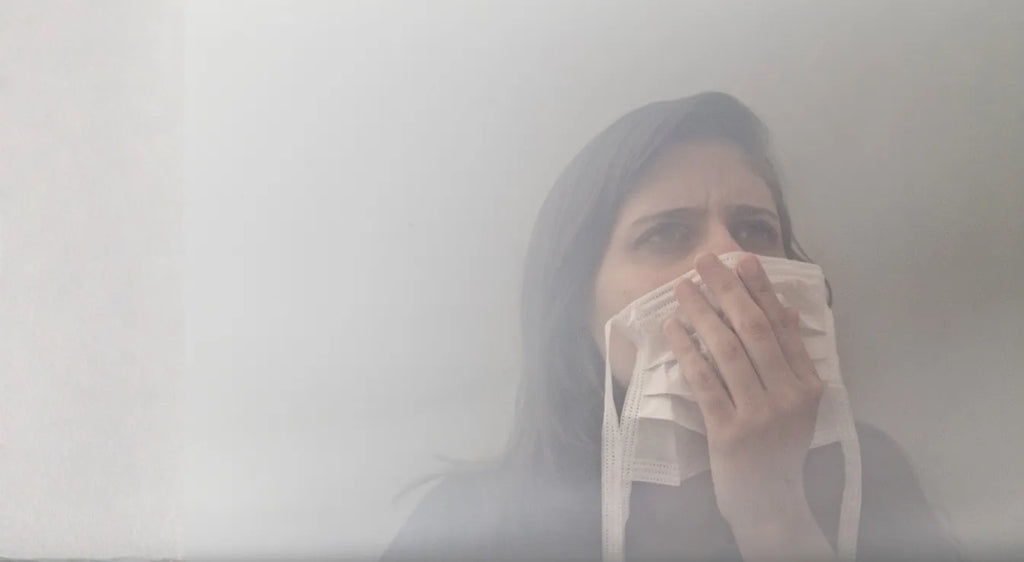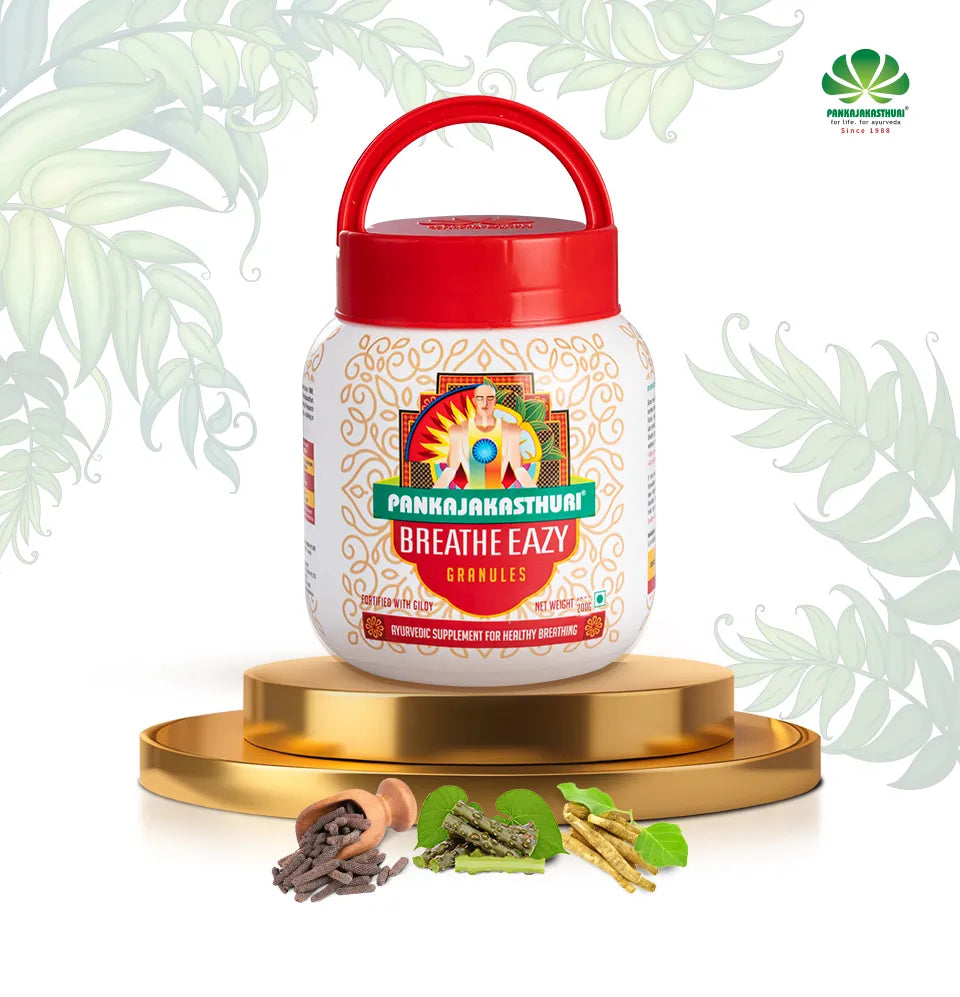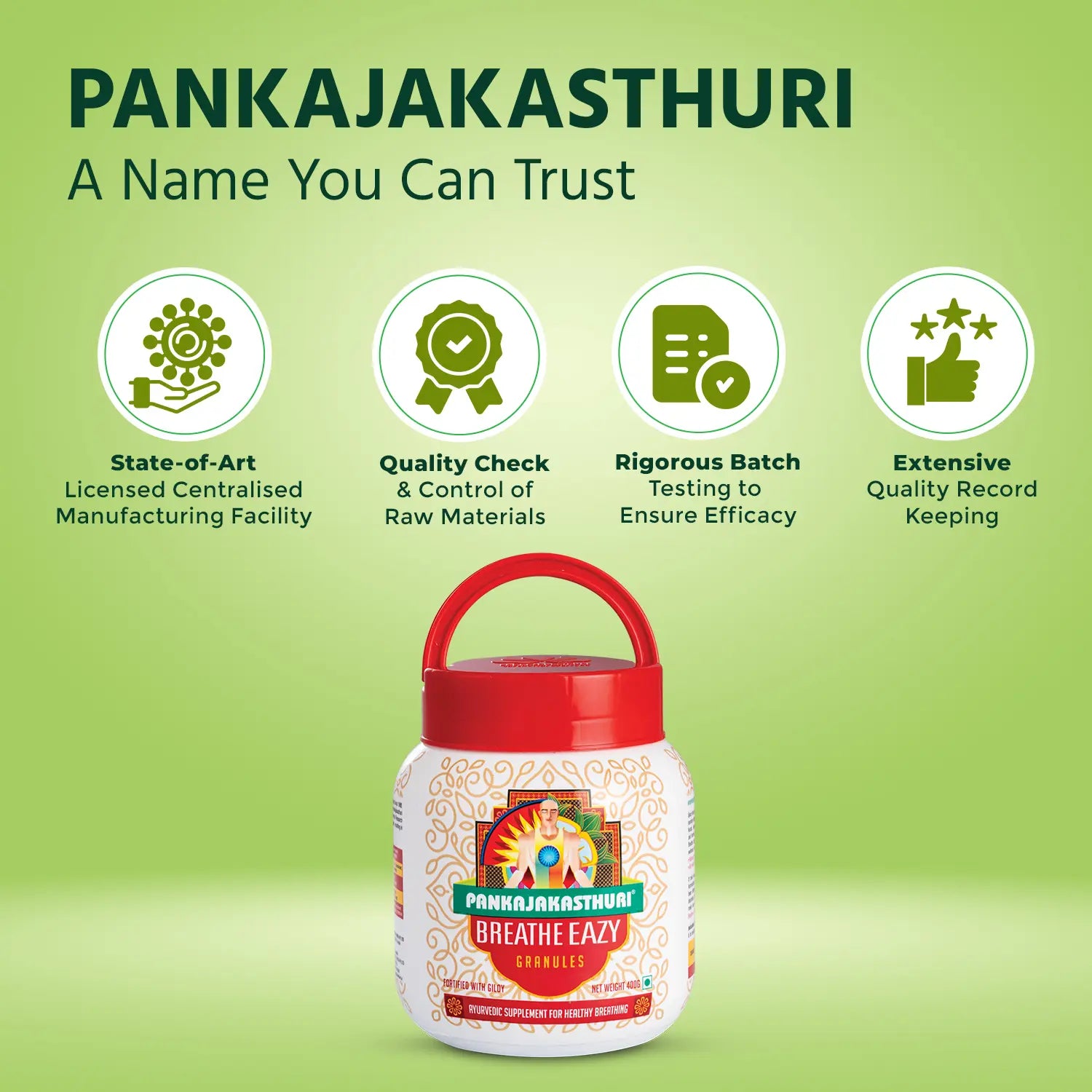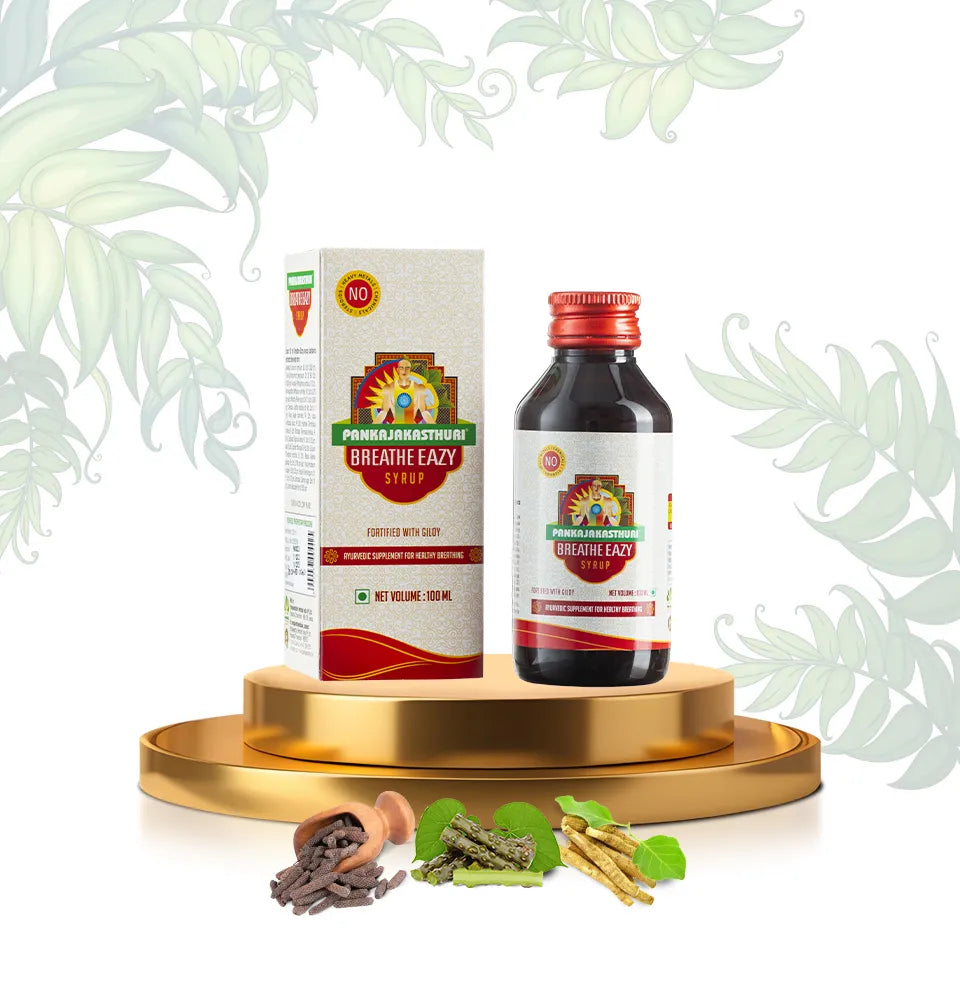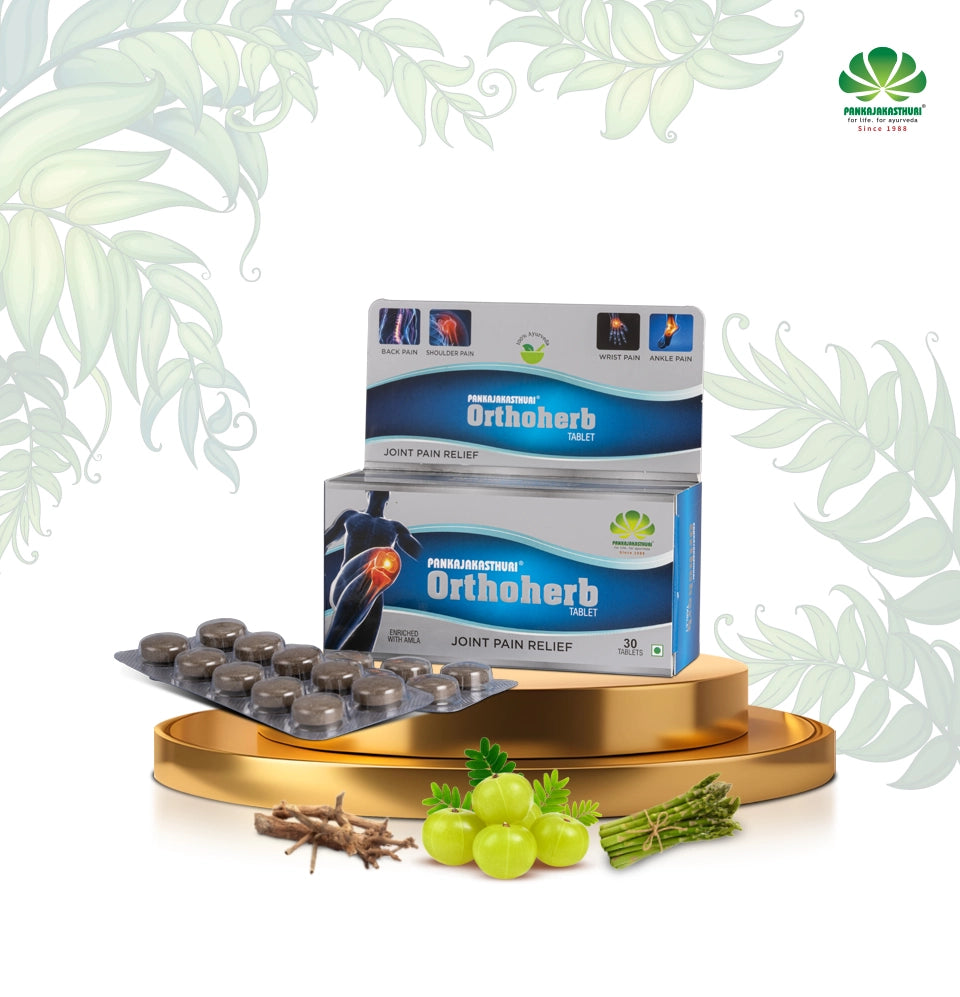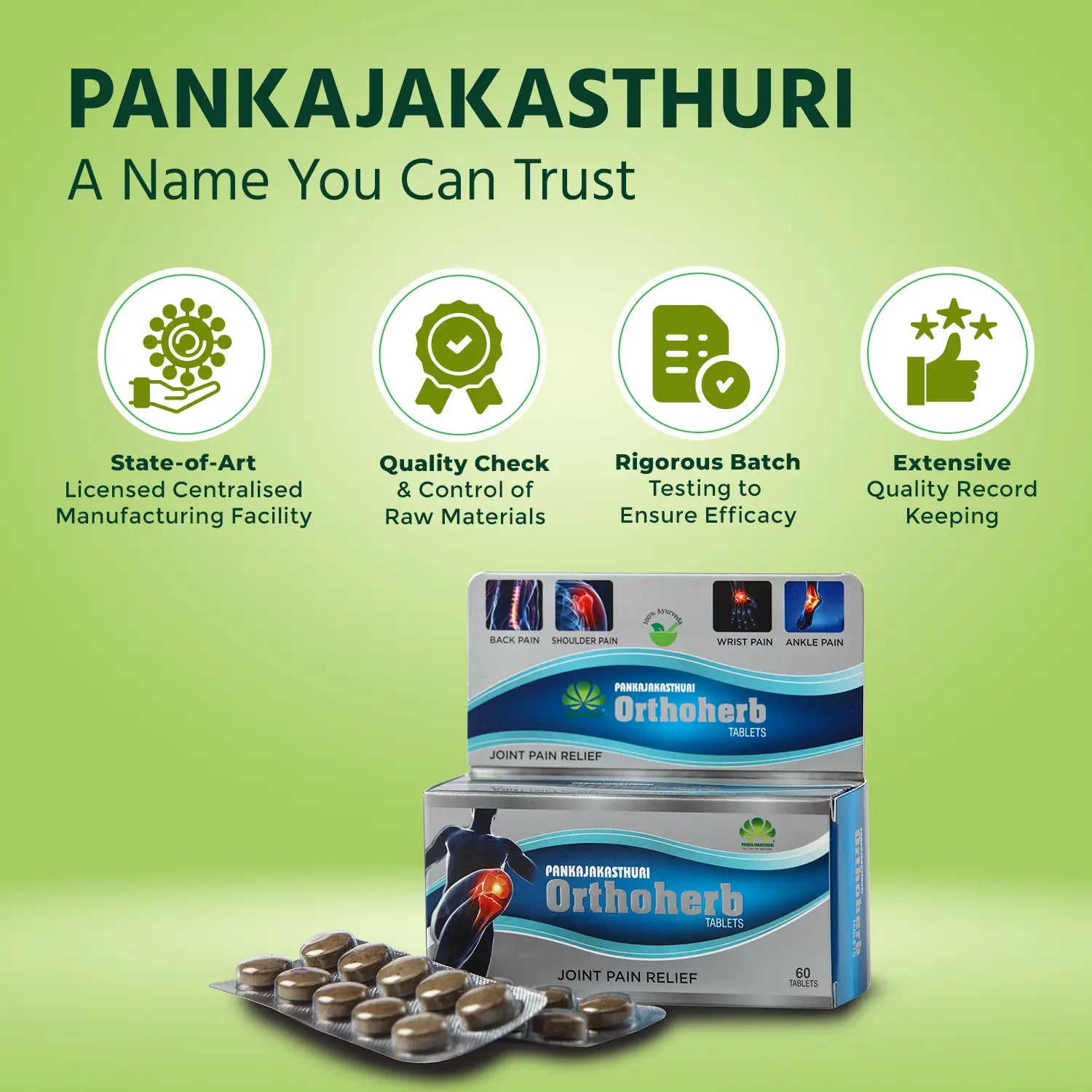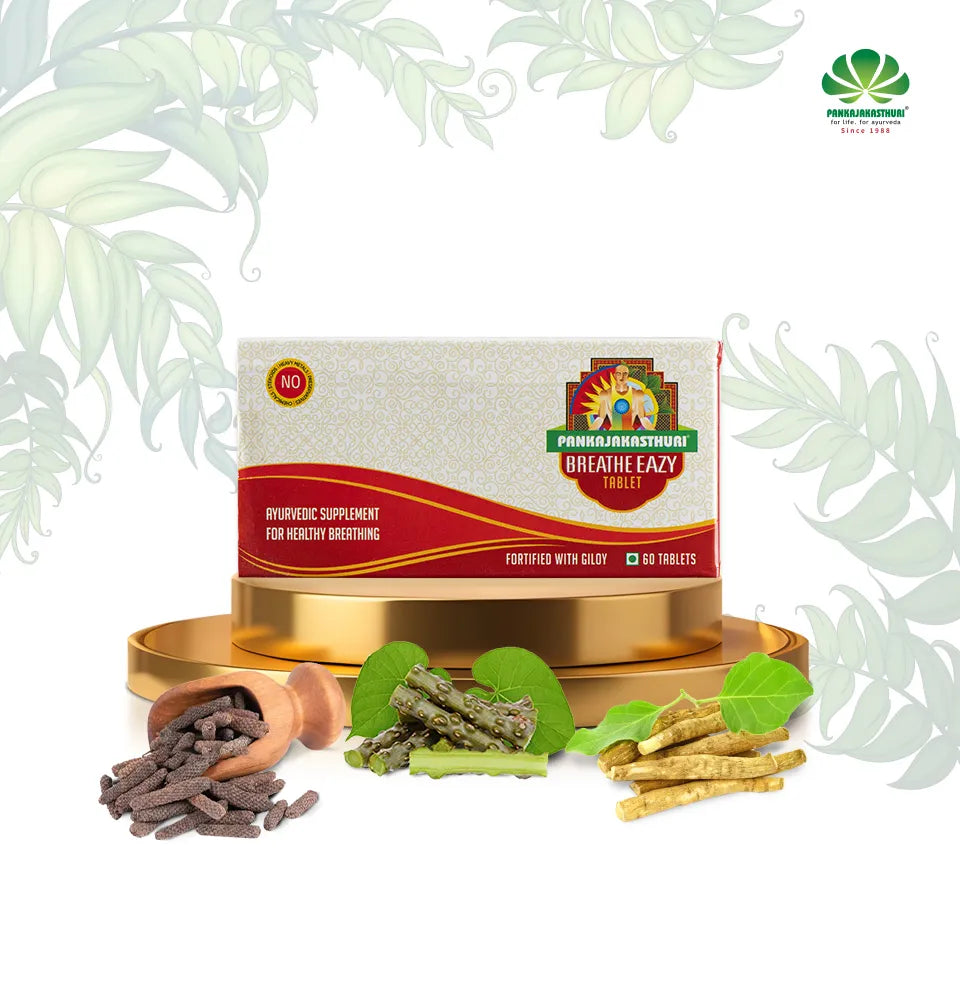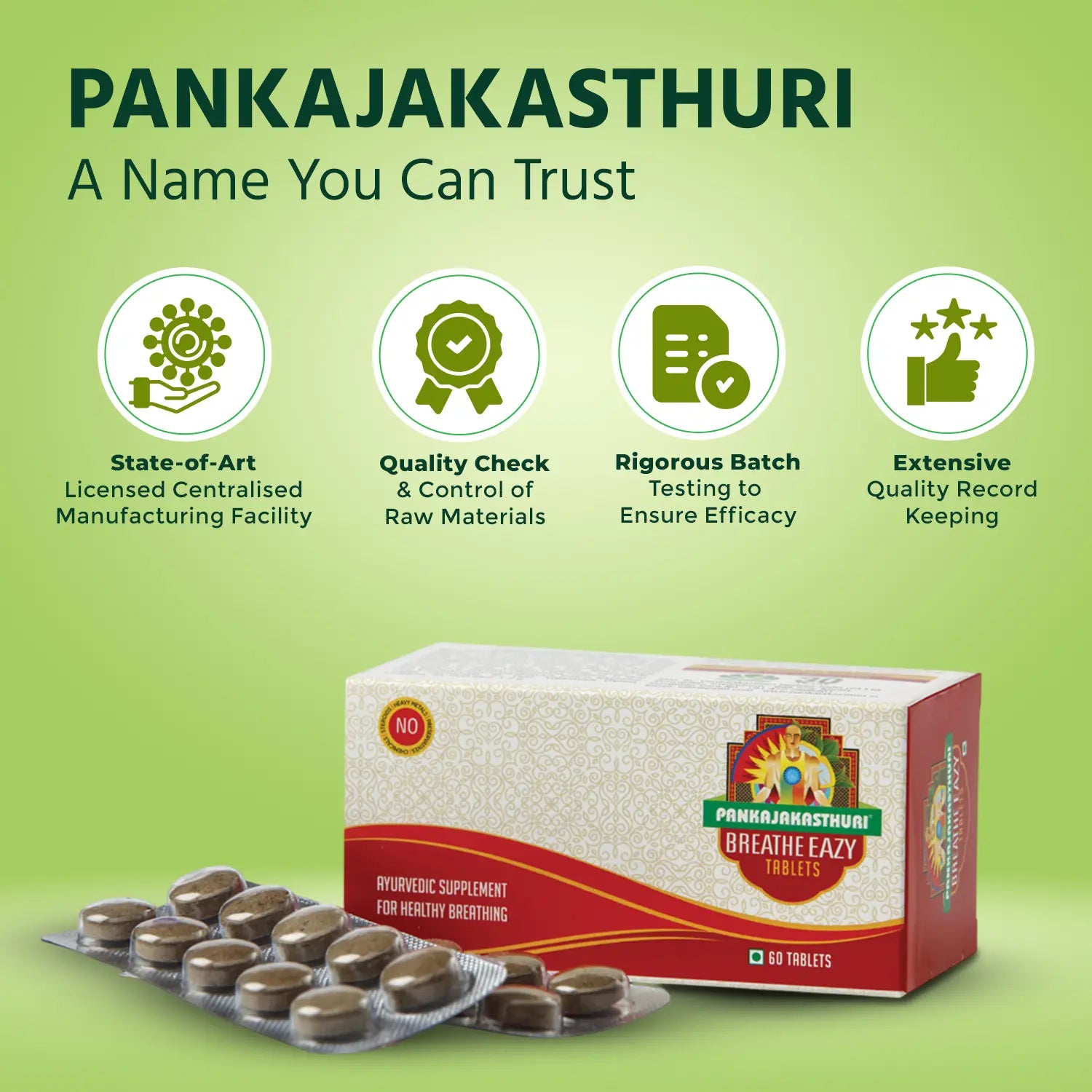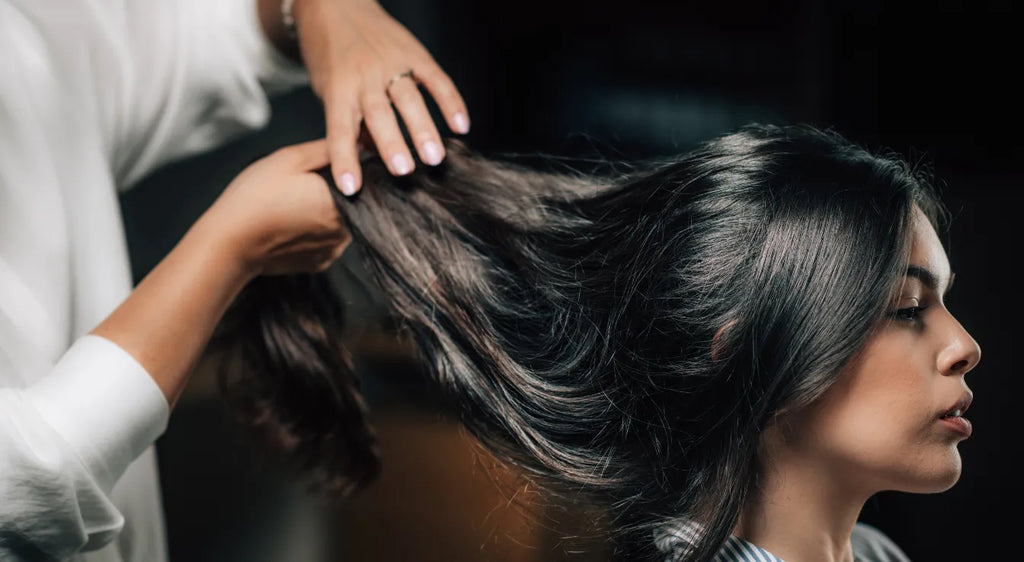
10 Proven Home Remedies to Stop Hair Fall and Prevent Hair Damage Naturally

Hair fall is one of the most common concerns among both men and women today. While it’s normal to shed 50–80 hairs per day, excessive hair loss can be distressing and indicative of underlying issues such as nutritional deficiencies, hormonal imbalances, scalp infections or even stress-related disorders. Traditional remedies supported by recent scientific evidence can offer a safe, natural alternative.
This article explores 10 science-backed home remedies that can help reduce hair fall, improve scalp health and promote hair regeneration - using ingredients commonly found in your kitchen.
1. Coconut Oil Scalp Massage
Coconut oil contains lauric acid, a medium-chain fatty acid with antimicrobial and anti-inflammatory properties. Studies suggest it penetrates the hair shaft better than other oils, helping reduce protein loss and mechanical damage.
How to Use:
- Warm 2 tablespoons of virgin coconut oil.
- Massage gently into the scalp for 5 to 10 minutes.
- Leave for 1 hour or overnight.
- Rinse with a mild, sulfate-free shampoo.
Frequency: 2–3 times/week
2. Aloe Vera Gel Application
Aloe vera contains enzymes, amino acids and vitamins - A, C, and E. It soothes inflammation, improves scalp hydration and helps reduce seborrheic dermatitis — a common cause of hair shedding.
How to Use:
- Extract fresh gel from an aloe vera leaf.
- Apply to scalp and hair.
- Leave for 30–45 minutes.
- Rinse with lukewarm water.
Frequency: 1–3 times/week
3. Egg Protein Hair Mask
Eggs are rich in biotin and protein, essential for keratin production — the primary structural protein in hair.
How to Use:
- Mix 1 whole egg with 1 tbsp of olive oil.
- Apply to damp hair and cover with a shower cap.
- Leave for 20–30 minutes.
- Rinse with normal cold water to prevent coagulation.
Frequency: Once/week
4. Onion Juice Scalp Treatment
Onion juice is a rich source of sulphur, which supports collagen synthesis and follicle regeneration. A clinical study in the Journal of Dermatology showed increased hair regrowth in patients with alopecia areata.
How to Use:
- Blend and strain juice from 1 onion.
- Apply to the scalp with a cotton ball.
- Leave for 15–30 minutes, then shampoo.
Frequency: Twice/week
5. Green Tea Rinse
Green tea is rich in epigallocatechin gallate (EGCG), a potent antioxidant that has been shown to stimulate hair growth and inhibit DHT — a hormone implicated in androgenetic alopecia.
How to Use:
- Steep 2 green tea bags in 1 cup hot water.
- Cool and use as a final rinse post-shampoo.
- Do not rinse off.
Frequency: 2–3 times/week
6. Fenugreek (Methi) Seed Paste
Fenugreek seeds are a natural source of nicotinic acid and protein, which can stimulate follicular growth and reduce scalp irritation.
How to Use:
- Soak 2 tbsp seeds overnight; grind into paste.
- Apply to scalp and roots.
- Leave for 30–45 minutes, then rinse.
Frequency: Once/week
Alternatively, soak 2 tablespoons of fenugreek seeds in a glass of water overnight. The next morning, strain the water, transfer it to a spray bottle and spray it onto your scalp and hair after your head bath. This can be done on alternate days or once in three days.
7. Apple Cider Vinegar (ACV) Rinse
ACV helps rebalance scalp pH and remove residue from styling products that may clog follicles. Its mild antimicrobial effects may also aid in dandruff control.
How to Use:
- Mix 2 tbsp ACV with 1 cup water.
- Use as a final rinse after shampooing.
- Do not rinse further.
Frequency: 1–2 times/week
8. Lemon Juice Scalp Treatment
Lemon contains vitamin C, an antioxidant essential for collagen synthesis, and natural acids that can reduce microbial growth on the scalp.
How to Use:
- Mix 2 tbsp fresh lemon juice with 1 tbsp coconut oil.
- Apply to scalp.
- Leave for 15–20 minutes, then wash.
Frequency: Once/week
9. Avocado Hair Mask
Avocados are high in vitamin E, fatty acids and B-vitamins, which support hair follicle health, prevent breakage, and improve moisture retention.
How to Use:
- Mash 1 ripe avocado with 1 tbsp each of honey and olive oil.
- Apply from scalp to tip.
- Leave for 30 minutes, rinse and shampoo.
Frequency: Once/week
10. Castor Oil Treatment
Castor oil contains ricinoleic acid, known to boost prostaglandin E2 (PGE2) - a compound involved in hair growth modulation. It also has antifungal benefits.
How to Use:
- Mix with a carrier oil (e.g. coconut or almond).
- Warm slightly and massage into the scalp.
- Leave overnight or for 1 hour before shampooing.
Frequency: 1–2 times/week
Along with topical care, internal health is equally important. Here are a few things to keep in mind:
Diet for healthy hair
Make sure your diet includes sufficient iron, zinc, vitamin D and protein to support healthy hair growth. A well-balanced intake of these nutrients can strengthen hair and reduce thinning.
Avoid Heat & Chemicals:
Limit the use of blow dryers, straighteners and curling irons as they can weaken hair strands. Also, minimize harsh chemical treatments like dyes or relaxers to prevent long-term damage.
Gentle Handling:
Be cautious while managing wet hair, as it is more prone to breakage. Instead of tight hairstyles, opt for loose braids or buns to reduce stress on the roots.
Regular Trims:
Trimming your hair every few months helps maintain overall health by removing split ends. This prevents breakage from spreading further up the hair shaft.
Stress Management:
Persistent stress can lead to telogen effluvium, a temporary but noticeable hair-shedding condition. Practicing relaxation techniques and maintaining balance can help restore normal hair growth.
When to Seek Medical Attention
Hair loss may be a symptom of conditions like hypothyroidism, PCOS or autoimmune disorders. Approach a medical practitioner if you experience any symptoms listed below..
- Sudden or patchy hair loss
- Hair loss accompanied by itching, burning or scalp pain
- Hair fall that doesn’t improve with self-care over 2–3 months
Nature offers a variety of safe, effective tools to support hair health when used consistently and in combination with a healthy lifestyle. These evidence-based home remedies are a gentle yet powerful way to nourish your scalp and hair without harsh chemicals. Choose 1–2 remedies that suit your hair type and routine. Monitor your results over 6–8 weeks and combine with proper nutrition and stress management for best outcomes.





